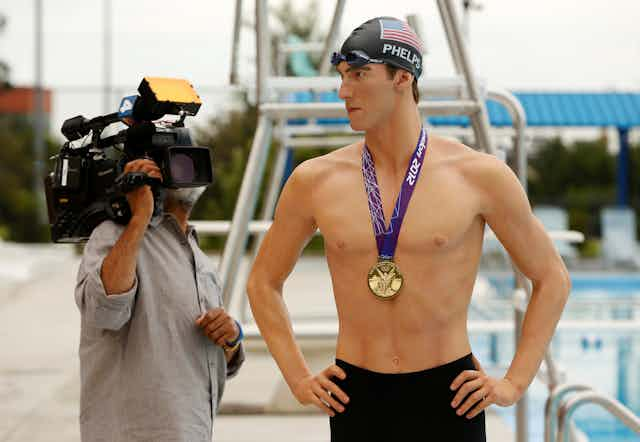Since the first telecast of the Olympics in 1936 from Berlin, television has been a major part of the games. The first time broadcasters paid for the rights to show the Olympics was in 1960 for US$1.2 million (about US$10 million today).
Research shows media companies lose money on the broadcasting rights. But it also seems there is no limit to what these companies will pay for them, says Hunter Fujak, who is completing a PhD looking at broadcasting rights at the University of Technology Sydney.
Viewers are the currency of broadcasting rights and Fujak explains how the games are changing to reach the maximum audience available.

